Applying Gibbs' Reflective Model in Unemployment Research Report
VerifiedAdded on 2023/06/10
|6
|1243
|408
Report
AI Summary
This research report employs Gibbs' Reflective Model to analyze the multifaceted issue of unemployment. The report begins with an introduction defining research as a systematic process for addressing issues and establishing relationships. It then delves into the six stages of Gibbs' model: description, feelings, evaluation, analysis, conclusion, and action plan, providing a framework for experiential learning. The research focuses on understanding unemployment, its quantification, and data analysis, along with exploring preventive measures. The author reflects on their learning journey, highlighting the support received from seniors, the development of organizational skills, and the ability to manage time effectively. The evaluation stage reveals the acquisition of problem-solving skills and the importance of feedback. The analysis stage identifies areas for improvement, such as choosing the right research methodology and data handling. The conclusion emphasizes the significance of teamwork and continuous learning, while the action plan outlines strategies for future projects, including collaborative work and improved decision-making. Ultimately, the report demonstrates how the reflective model enhances research performance and strengthens understanding of complex topics like unemployment. Desklib provides access to similar research reports and study resources for students.
1 out of 6
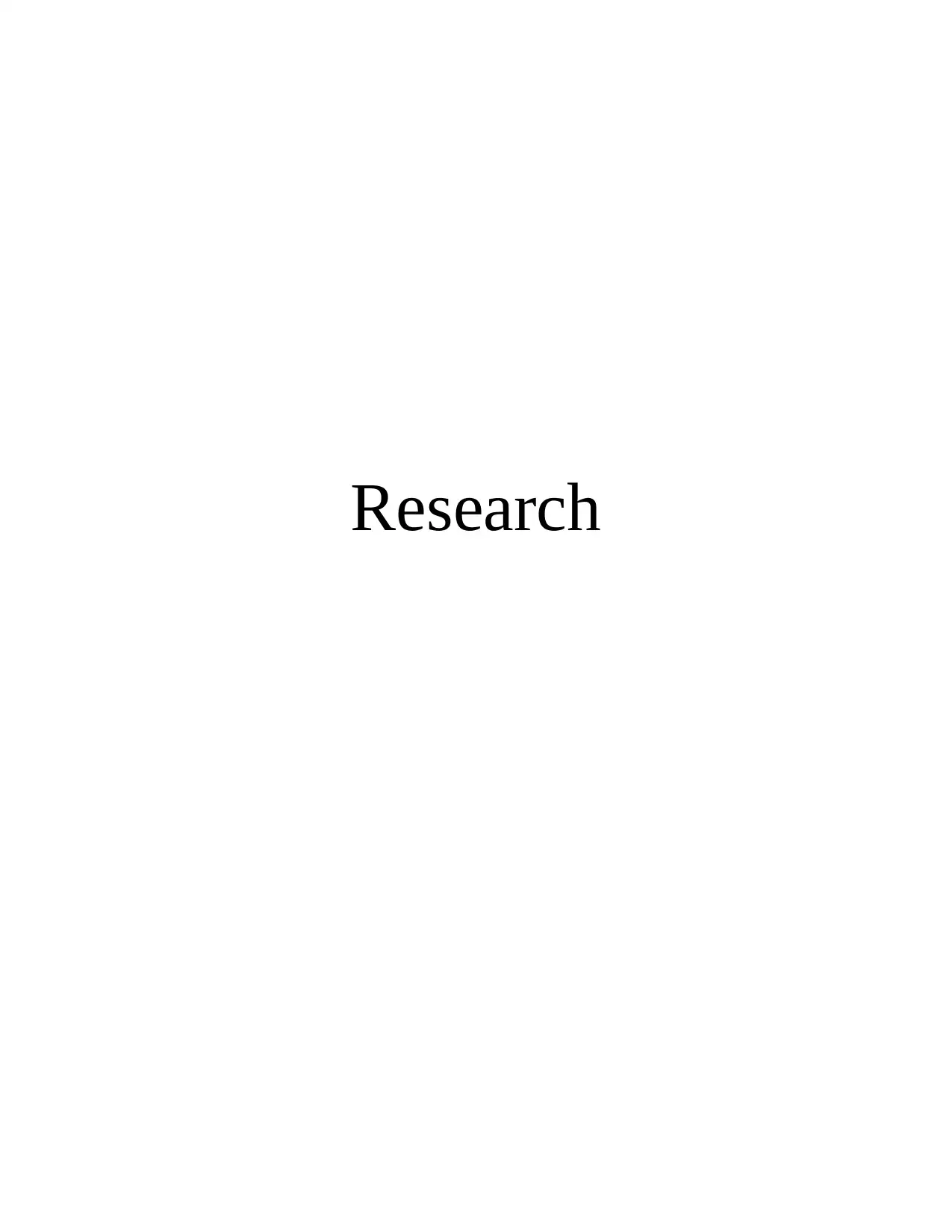
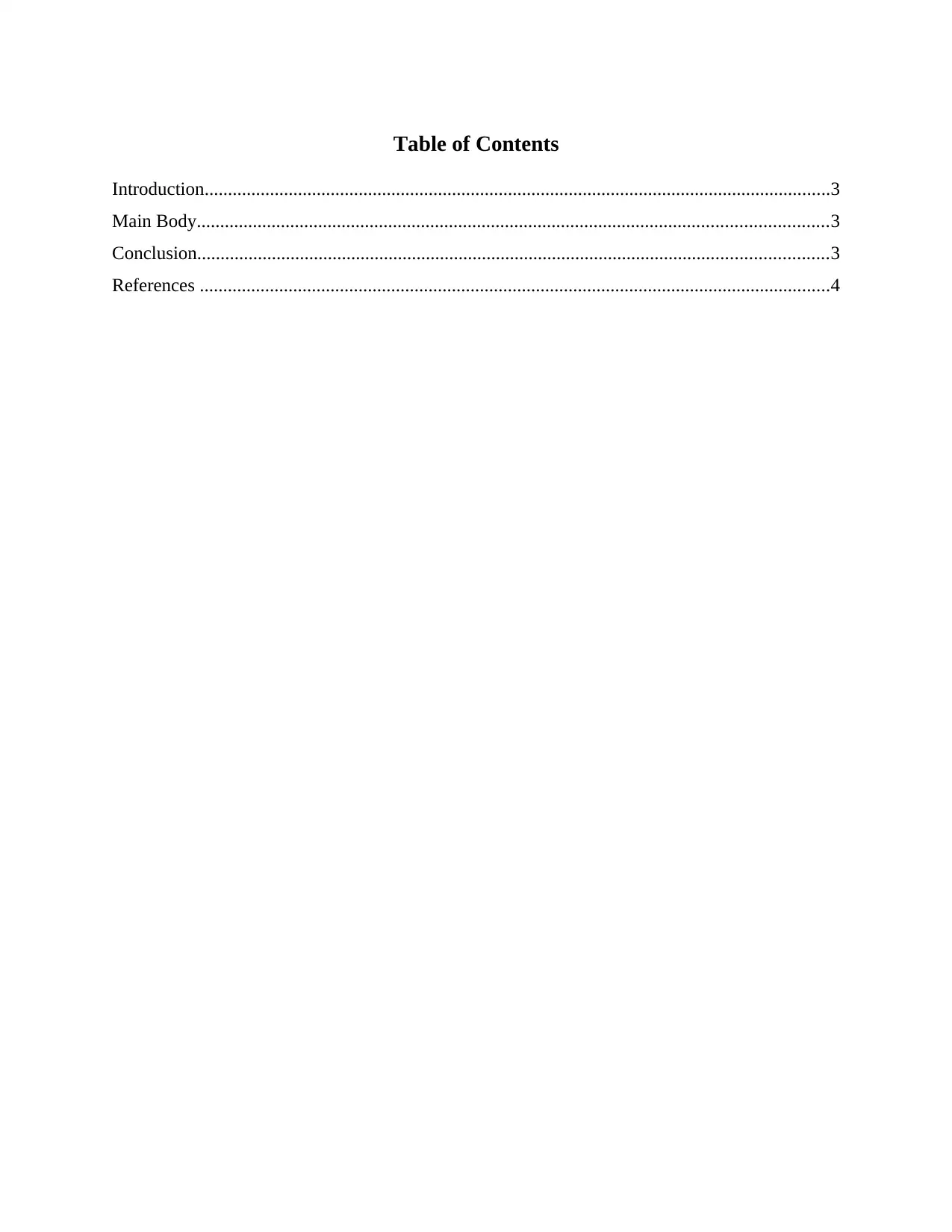
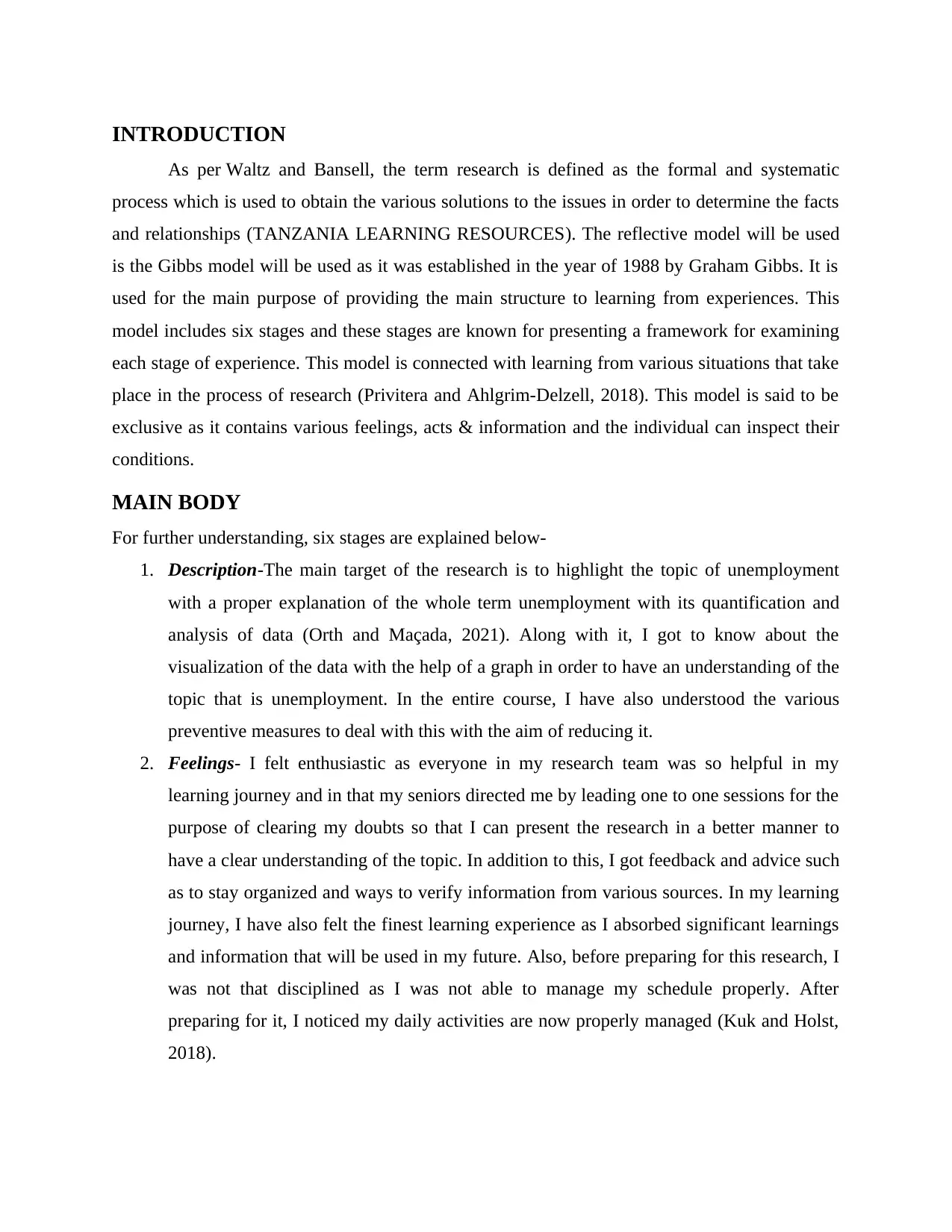

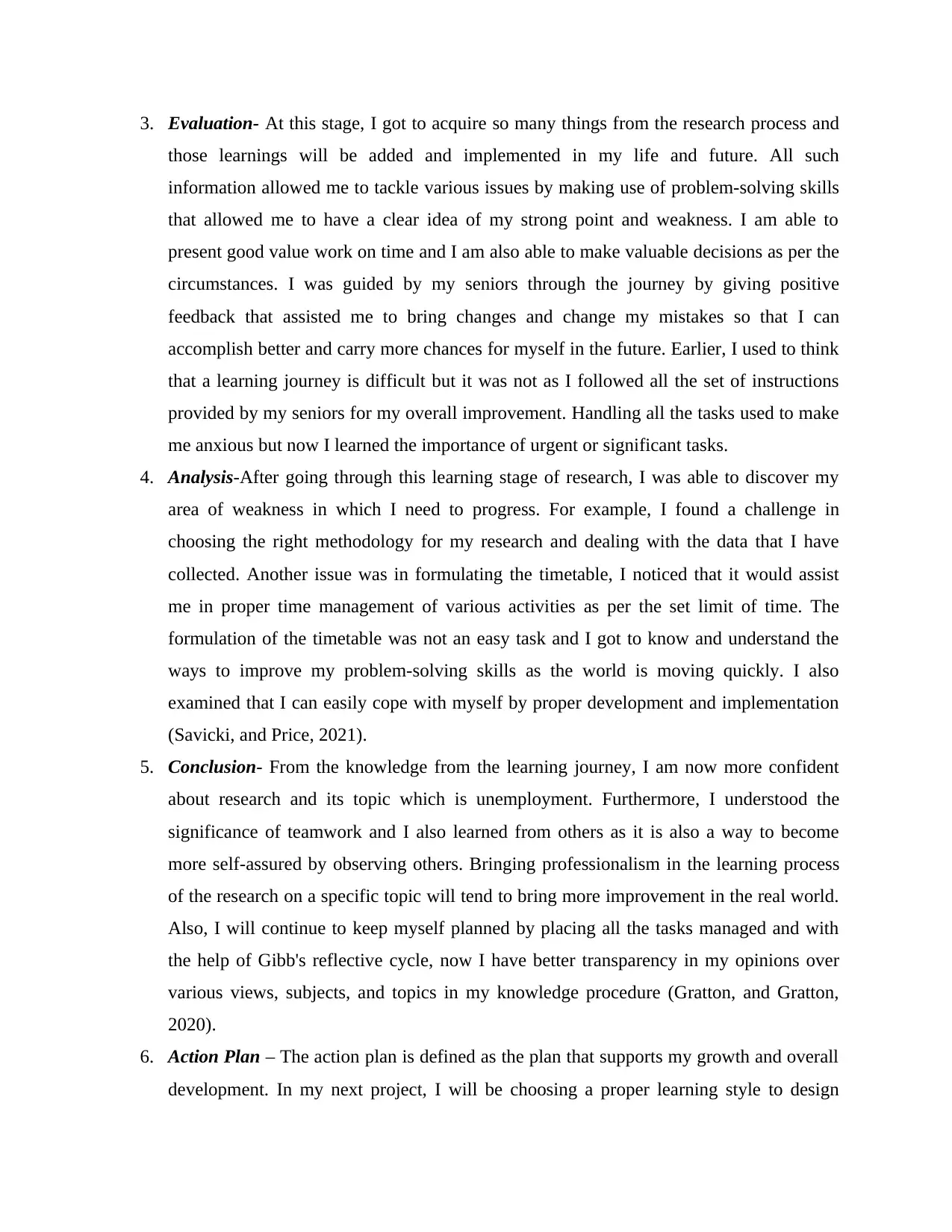
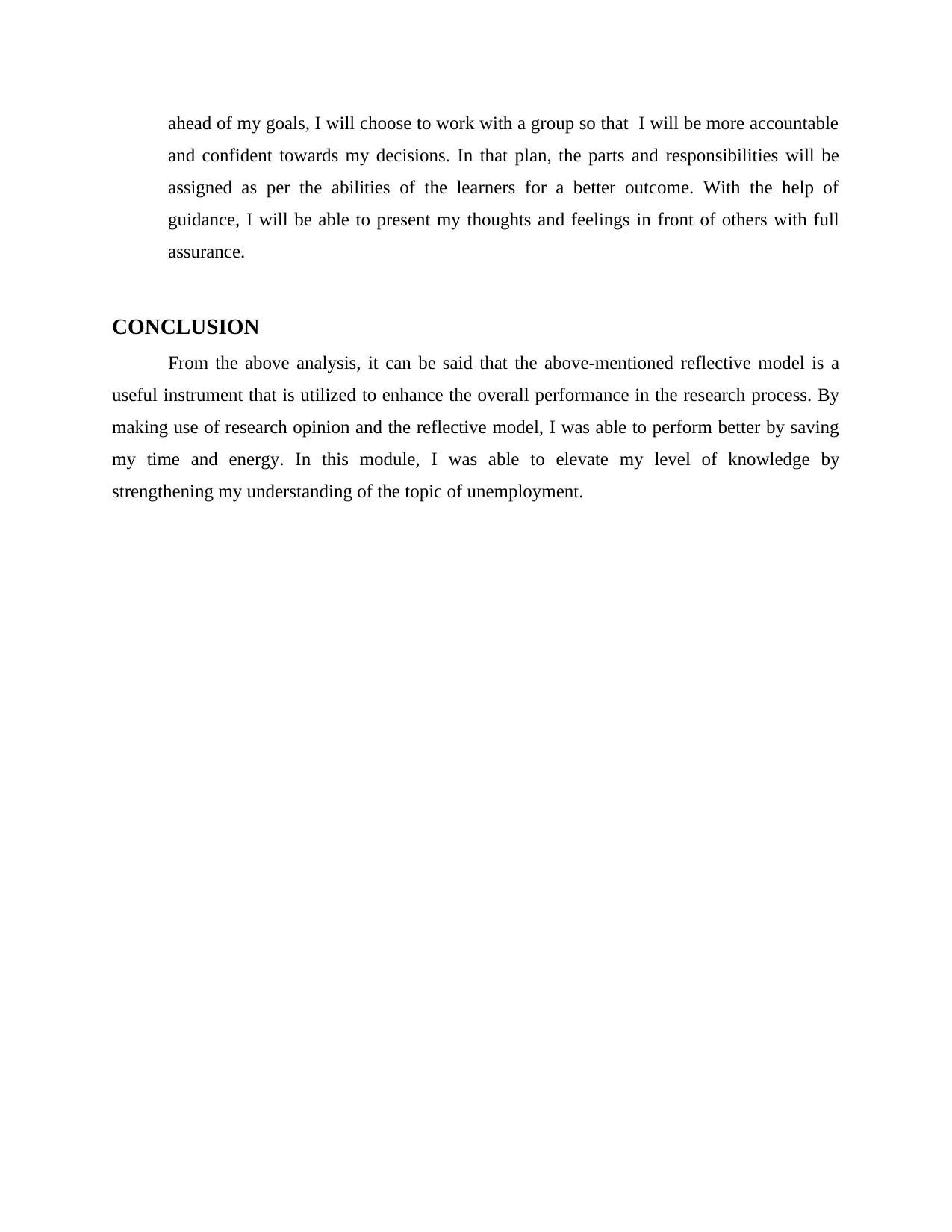
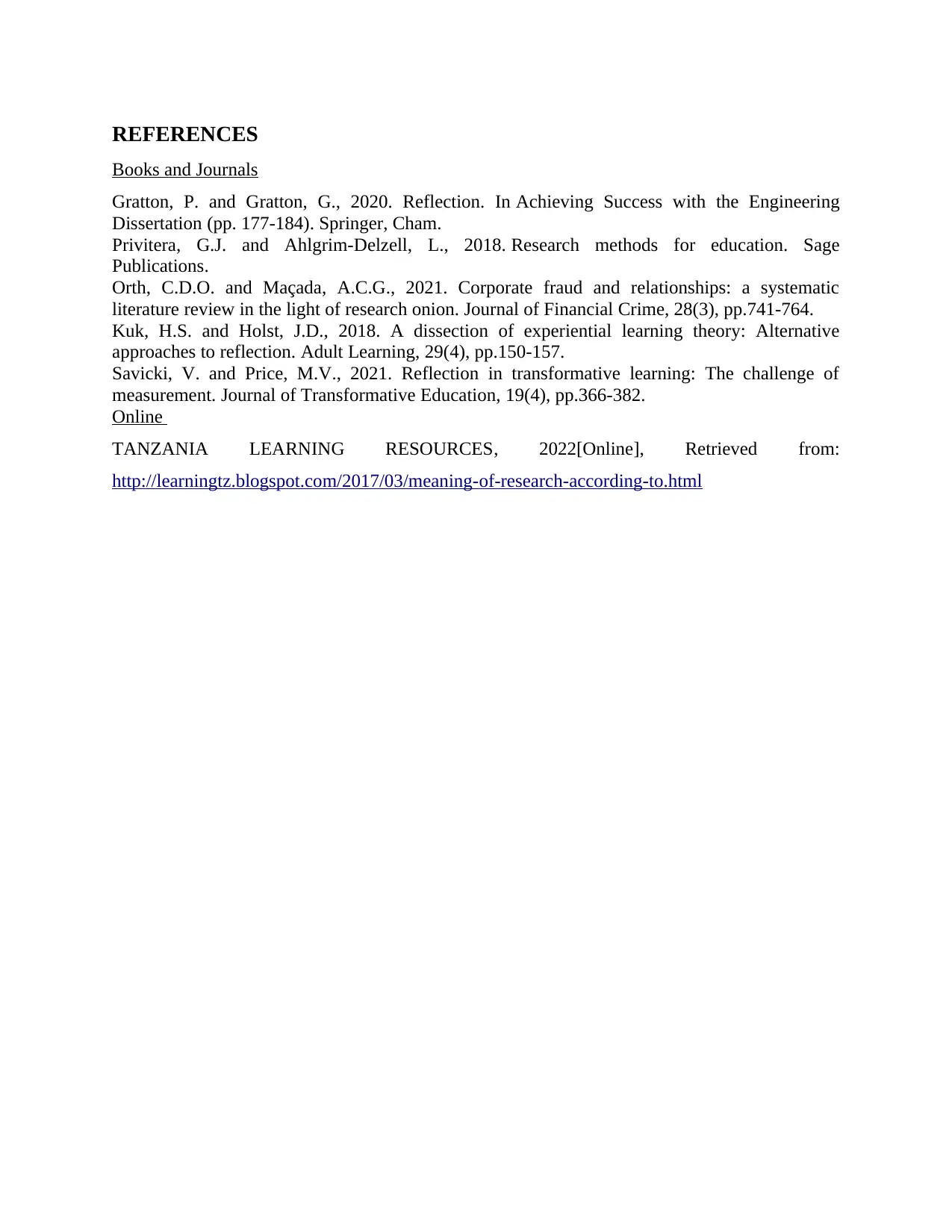






![[object Object]](/_next/static/media/star-bottom.7253800d.svg)